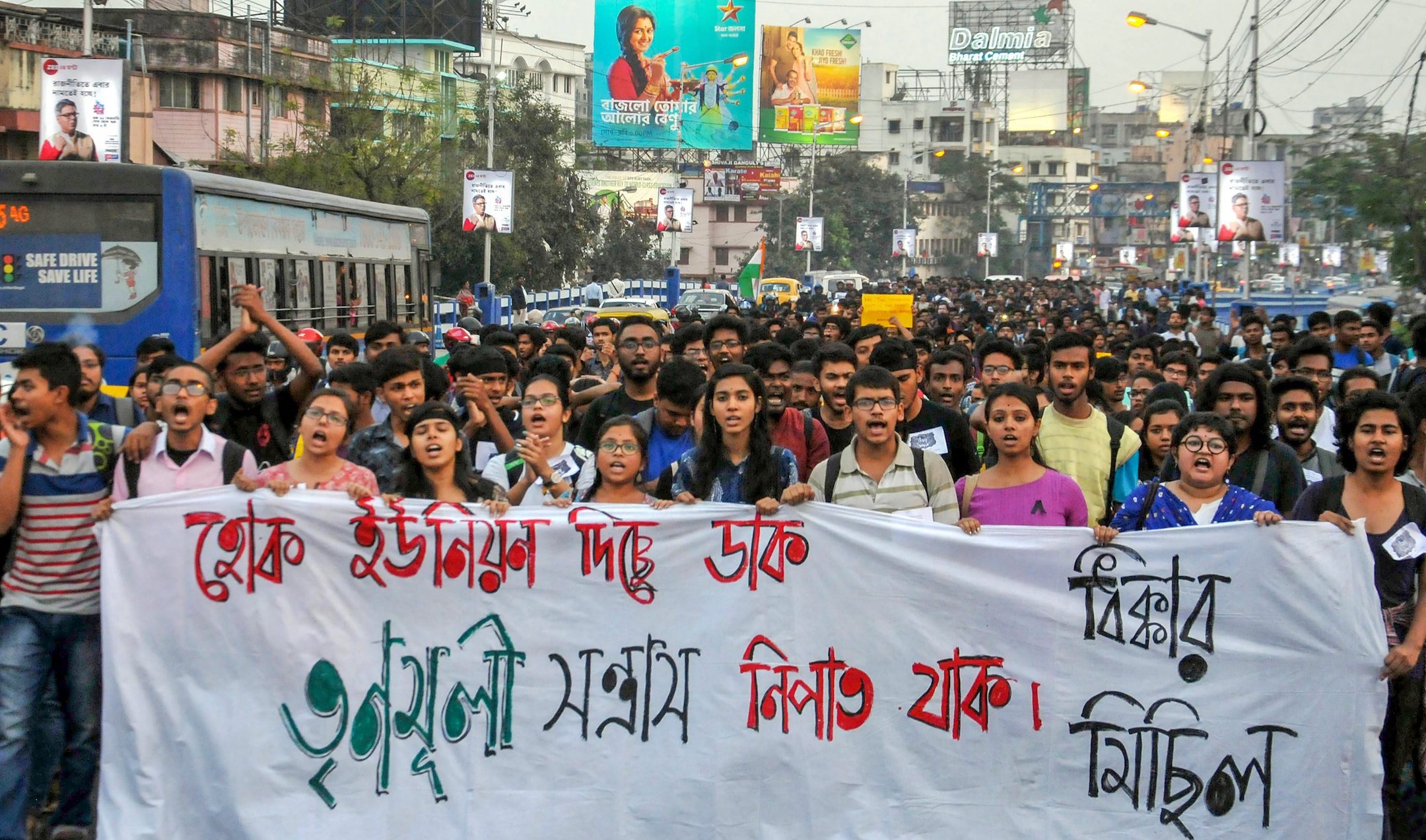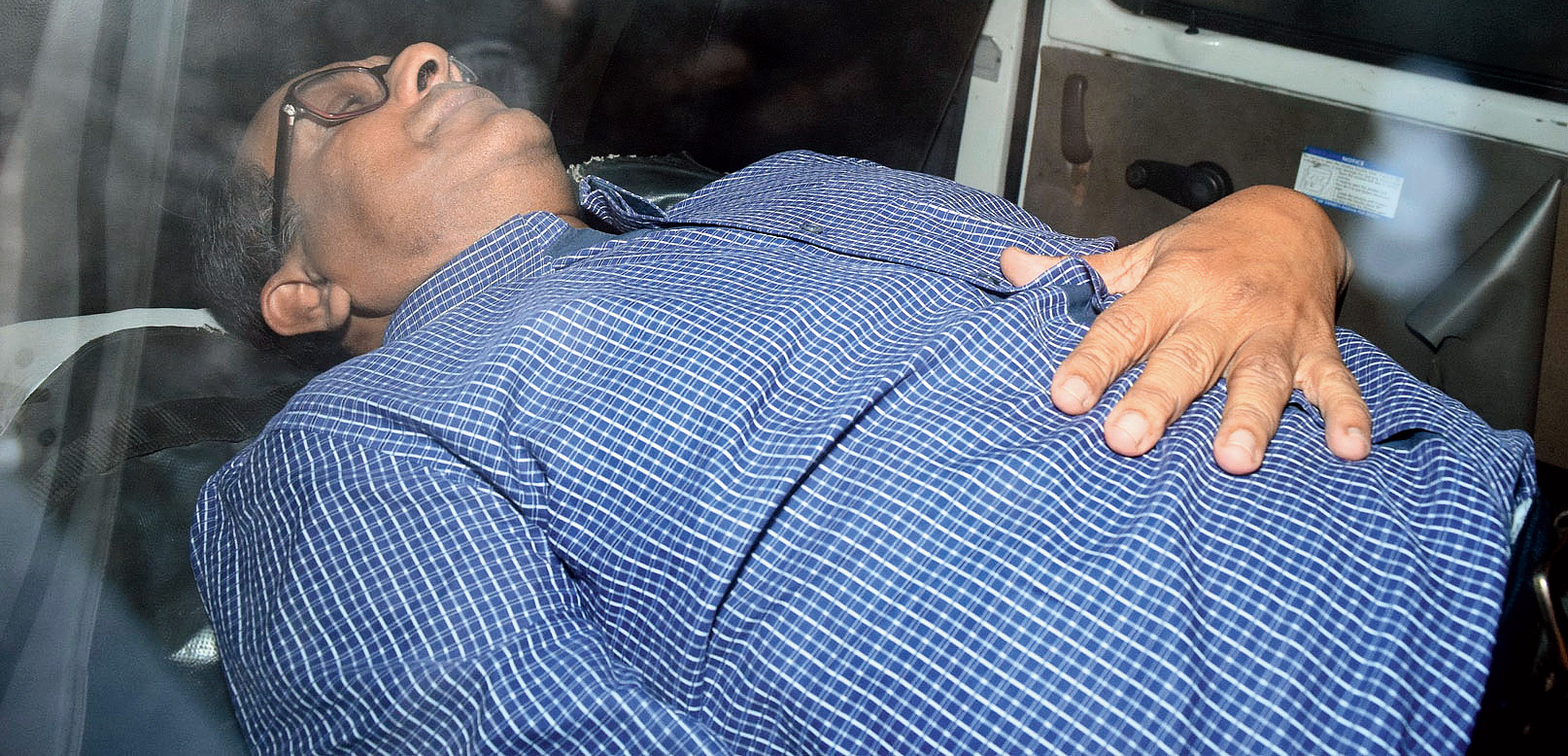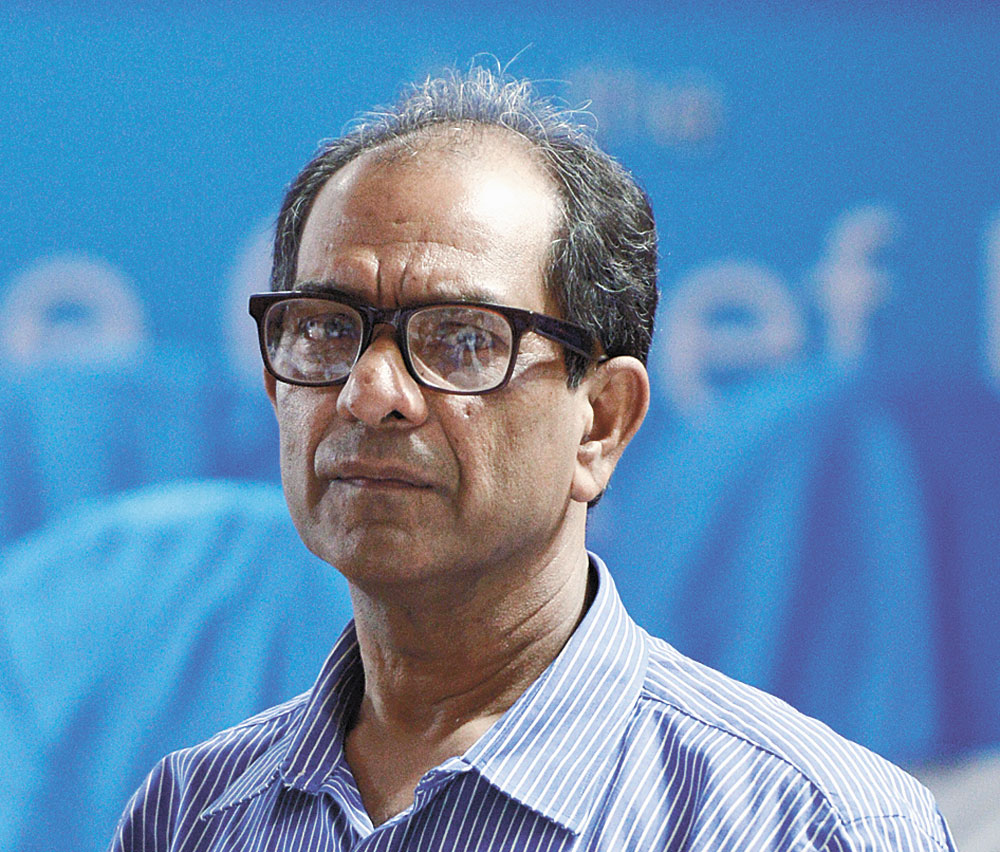An incident in which students physically hurt a vice-chancellor, or any teacher, is one of the ugliest examples of disorder in society and its inbuilt culture. It is not surprising that the vice-chancellor of Jadavpur University is, as reported, physically and mentally broken after being allegedly assaulted by students blocking him from getting into his car. The details of one incident — students have claimed that they were manhandled by security personnel and were unaware that the vice-chancellor was hurt — are immaterial in the context of the change in student behaviour. Young people, especially those in institutions of higher education and, therefore, expected to carry society forward, seem to be finding abusive rhetoric and violent behaviour directed towards their teachers the easiest means of protest. Slogans that imitate the act of spitting at a vice-chancellor, dancing on a vice-chancellor’s table or forcibly confining teachers in a gherao — each act is a manifestation of a reckless disrespect and desire to humiliate and has nothing to do with democratic protest. Hurting a vice-chancellor falls naturally into place with such habitual misconduct.
A characteristic of violence is unreasonableness. In the case of Jadavpur University, the students were demanding that their elections be held. Presumably they were already late. So they were not ready to brook any delay even though it is the forthcoming Lok Sabha election that is the current reason for possible postponement. Talking to the authorities, trying to work out strategies or solutions together, or even protesting without violence — perfectly acceptable by democratic principles — are no longer options. Confrontation and coercion are the means being repeatedly chosen by students across institutions and across the political spectrum. Although the decline in students’ attitudes towards their teachers in their home territory — would they do the same in a university abroad? — is now shockingly evident, it is also true that it did not happen in a day. Political parties’ interests and rivalries have insidiously nurtured forms of violence within educational institutions and authorities have never addressed the criminal aspects of coercion as, for example, in the gherao. The culmination of such pussy-footing appears intolerable today. But it is still not too late. Such behaviour, whether in Jadavpur University or another institution, should be dealt with strictly. And this strictness should become the norm.













